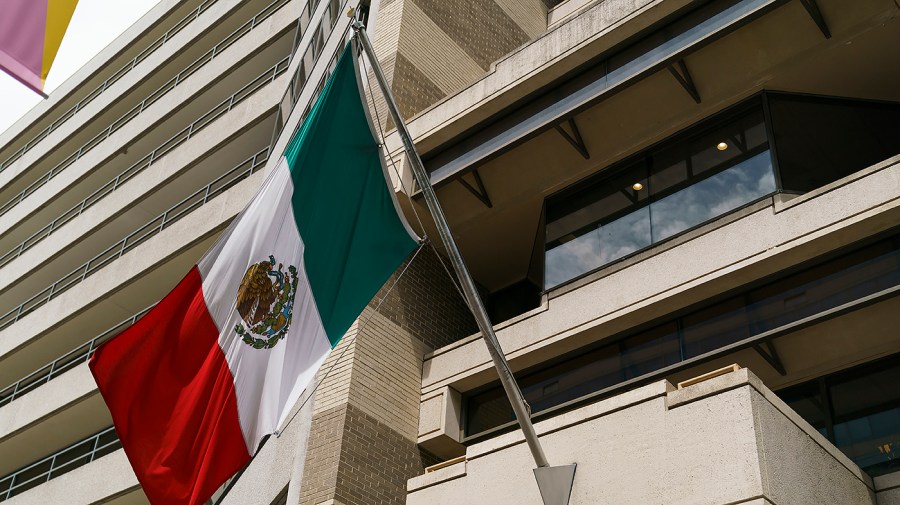US revokes visas of over 50 Mexican politicians in drug cartel crackdown

The Trump administration revoked visas from 50 Mexican politicians amid its crack down on transnational narcotic sales.
Sitting lawmakers including Baja California Governor Marina del Pilar Ávila, Nogales Mayor Juan Francisco Gim and former state and federal deputy Carlos Torres Torres had their travel documents revoked, according to the Mexico News Daily.
More than a dozen others have also seen their visas revoked, according to Reuters. A majority of revocations were issued to members of Mexico’s ruling Morena party.
“The Trump administration is finding new ways to exert more pressure on Mexico,” Tony Wayne, U.S. ambassador to Mexico from 2011 to 2015 told the outlet.
Mexico’s President Claudia Sheinbaum said she was not made aware of the decision to revoke the visas prior to the Trump administration’s decision to take action against individuals.
“The U.S. government has been very clear about this, that this is personal information…” Sheinbaum said during a press conference.
She added that “it’s not information that they share with the Mexican government… unless there was an investigation that already had to do with public security, and then it could be known.”
“But it’s personal information that the U.S. government does through the embassy or consulates,” Sheinbaum continued.
The country’s first female president has rejected a push from the Trump administration to allow the presence of U.S. military forces to help unveil drug cartel participants but has maintained that under her leadership, police are doing all they can to crack down on the sale of narcotics.
“Visas, including those held by foreign officials, may be revoked at any time” for “activities that run contrary to America’s national interest,” a senior State Department official told Reuters.
“The Trump administration has had a good working relationship with the Sheinbaum government, and we look forward to continuing to advance our bilateral relationship in the interest of the America first foreign policy agenda,” they added.
The State Department and Mexican Embassy did not immediately respond to The Hill’s request for comment.